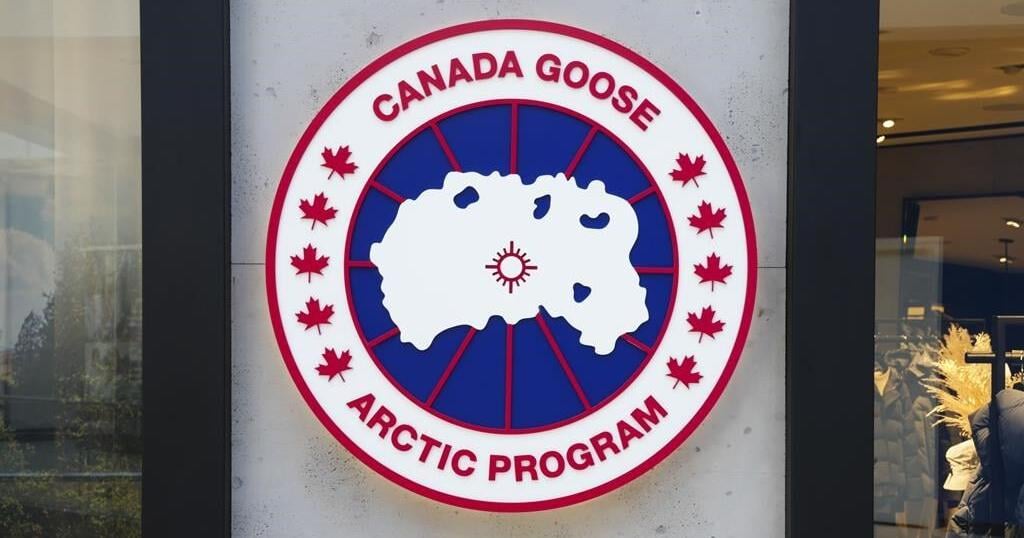BCE Inc. reported a loss in its latest quarter as it recorded $2.11 billion in asset impairment charges, mainly related to Bell Media’s TV and radio properties.
The company says its net loss attributable to common shareholders amounted to $1.24 billion or $1.36 per share for the quarter ended Sept. 30 compared with a profit of $640 million or 70 cents per share a year earlier.
On an adjusted basis, BCE says it earned 75 cents per share in its latest quarter compared with an adjusted profit of 81 cents per share in the same quarter last year.
“Bell’s results for the third quarter demonstrate that we are disciplined in our pursuit of profitable growth in an intensely competitive environment,” BCE chief executive Mirko Bibic said in a statement.
“Our focus this quarter, and throughout 2024, has been to attract higher-margin subscribers and reduce costs to help offset short-term revenue impacts from sustained competitive pricing pressures, slow economic growth and a media advertising market that is in transition.”
Operating revenue for the quarter totalled $5.97 billion, down from $6.08 billion in its third quarter of 2023.
BCE also said it now expects its revenue for 2024 to fall about 1.5 per cent compared with earlier guidance for an increase of zero to four per cent.
The company says the change comes as it faces lower-than-anticipated wireless product revenue and sustained pressure on wireless prices.
BCE added 33,111 net postpaid mobile phone subscribers, down 76.8 per cent from the same period last year, which was the company’s second-best performance on the metric since 2010.
It says the drop was driven by higher customer churn — a measure of subscribers who cancelled their service — amid greater competitive activity and promotional offer intensity. BCE’s monthly churn rate for the category was 1.28 per cent, up from 1.1 per cent during its previous third quarter.
The company also saw 11.6 per cent fewer gross subscriber activations “due to more targeted promotional offers and mobile device discounting compared to last year.”
Bell’s wireless mobile phone average revenue per user was $58.26, down 3.4 per cent from $60.28 in the third quarter of the prior year.
This report by The Canadian Press was first published Nov. 7, 2024.
Companies in this story: (TSX:BCE)


























